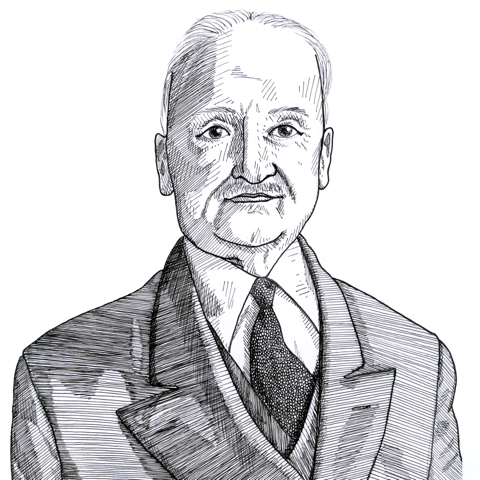
Ludwig von Mises on the impossibility of rational economic planning under Socialism (1922)
Found in: Socialism: An Economic and Sociological Analysis
The Austrian economist Ludwig von Mises (1881-1973) as early as 1922 (a mere 5 years after the Bolshevik Revolution in Russia) showed that a centrally planned economy (a key platform of the socialists) was both morally wrong because it violated property rights as well as utterly impractical because it prevented the rational allocation of resources. In his view, the socialist experiment could only lead to dictatorship and chaos:
Socialism & Interventionism
The fundamental objection advanced against the practicability of socialism refers to the impossibility of economic calculation. It has been demonstrated in an irrefutable way that a socialist commonwealth would not be in a position to apply economic calculation. Where there are no market prices for the factors of production because they are neither bought nor sold, it is impossible to resort to calculation in planning future action and in determining the result of past action. A socialist management of production would simply not know whether or not what it plans and executes is the most appropriate means to attain the ends sought. It will operate in the dark, as it were. It will squander the scarce factors of production both material and human (labour). Chaos and poverty for all will unavoidably result.